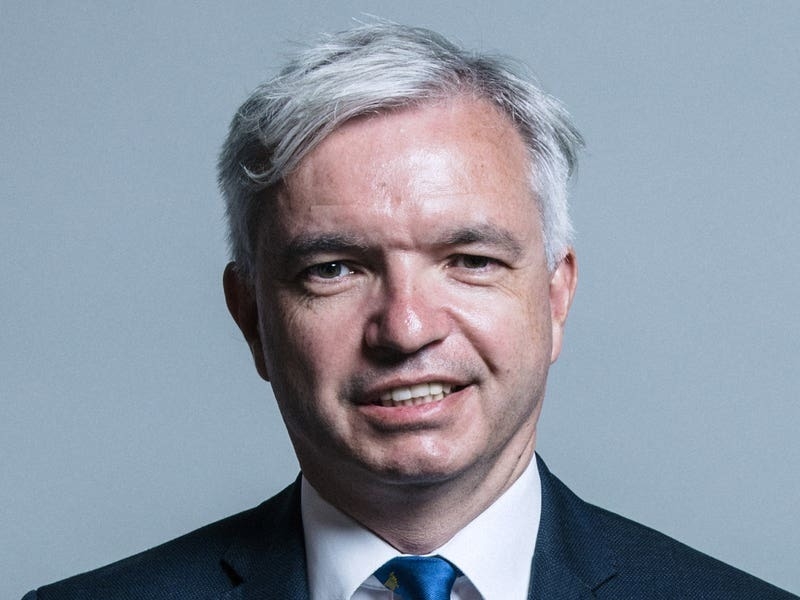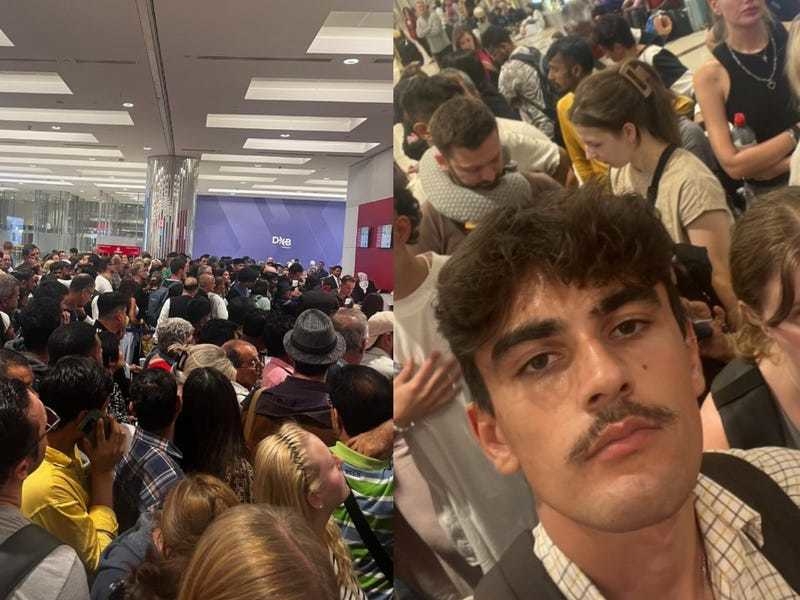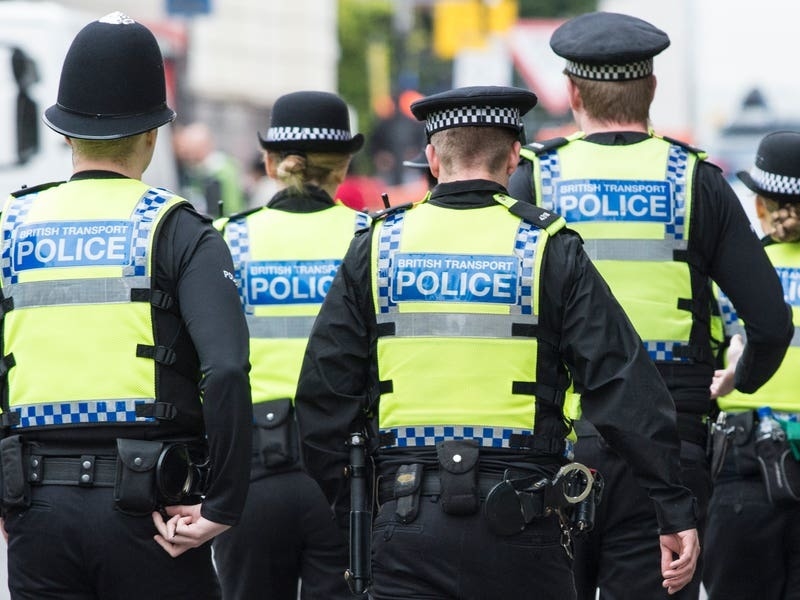Doctors’ leaders have held discussions with the conciliation service Acas amid the bitter row over pay between junior medics and the Government.
Acas said it is “well prepared and ready to help” after the British Medical Association (BMA) said “we do need someone to start brokering realistic talks”.
Downing Street has insisted there will be no talks unless junior doctors abandon their starting position of a 35% pay rise and call off the strikes.
But the BMA said the Government should “get into the room and discuss pay restoration – whether that means 35% or not”.
Day two – here we go! Don’t forget to share your pictures and videos from wherever you’re picketing today.
Show your support for #PayRestoration #JuniorDoctorStrikes pic.twitter.com/T51hC1qMHt
— Junior Doctors (@BMA_JuniorDocs) April 12, 2023
It comes as hospital bosses expressed concern about keeping patients safe as they struggle to secure cover for overnight junior doctor shifts during strikes.
The health service’s top doctor also warned that the situation in the NHS will “become more challenging each day this strike progresses”.
A&E leaders said some parts of emergency care could “end up closing parts of the services” if they are not coping, with one hospital – Weston General Hospital in Somerset – already requesting some junior doctors return to work in its emergency department to help maintain patient safety.

“Acas has decades of experience in resolving disputes and we helped the various parties involved in the 2016 junior doctors dispute.
“Acas’s collective conciliation service is impartial and independent.
“It is also voluntary, which means we only get involved in a dispute if all the parties in dispute agree to conciliation.”

“The fundamental issue here is that we have a Secretary of State that doesn’t seem to appreciate that pay for junior doctors has gone down in real terms.
“We’ve also got a Government that says on the one hand that it respects the independent pay review body but then doesn’t honour its recommendation with the other hand, so we do need someone to start brokering realistic talks.”
“Junior doctors & senior doctors are leaving the service because they do not feel valued… this is about restoring the value for doctors who are not worth less now than they were in 2008” @DrPhilBanfield explains the junior doctors’ fight for #PayRestoration @TimesRadio pic.twitter.com/QucKT0iadm
— The BMA (@TheBMA) April 12, 2023
Prof Banfield added: “They haven’t even discussed with us what pay restoration means, get into the room and discuss pay restoration – whether that means 35% or not – let’s get into that negotiation.
“You are saying we’re not prepared to shift from 35%, it is a misleading assumption that this is a figure that cannot be discussed within a negotiation and how one can get to that figure.
Junior doctors chant outside Southmead Hospital in Bristol criticising health minister Steve Barclay.
It starts: “There was a man named Steve, he cause the doctors a lot of grief, he refused our meeting, then took to late night tweeting…”#JuniorDoctors pic.twitter.com/H0BZyGT6lO
— Bronwen Weatherby (@BronWeatherby) April 11, 2023
“So it is not a precondition of talks that we are demanding, or the junior doctors are demanding 35%, what they’re saying is the figures show that this is what the value has been lost in our wages across that period of time.”
He continued: “The reality is that one in three junior doctors now is heading abroad, we’ve already got 10,000 vacancies for doctors in this country. This is a health service that’s in crisis.
“We are materially trying to sort out this crisis by suggesting paying someone £19 an hour instead of £14 an hour. I pay people who helped me at home more than that, and they don’t have £100,000 of debt going into work as they start.”
Health Secretary Steve Barclay said the timing of the strike was “regrettable” but the union said that the action was taken at the earliest opportunity after talks broke down on March 22.

“My door is open and we remain willing to engage constructively with the junior doctors but clearly a demand of 35% which would involve some junior doctors receiving over £20,000 more in terms of their basic pay, is not reasonable to your viewers, to those who have to balance the wider issues of the economy and getting inflation down alongside recognising the very real pressures that the NHS and junior doctors have been under, not least from the pandemic.”
On Tuesday, NHS England’s national medical director Professor Sir Stephen Powis said: “Staff are working incredibly hard during this unprecedented period of industrial action, and we expect the situation to become more challenging each day this strike progresses.”
Meanwhile, Dr Adrian Boyle, president of the Royal College of Emergency Medicine, told The Times: “Most A&E departments will cope but it will be very tight.
“If A&E departments are not coping they will end up closing parts of the services. They will try and stay open but provide reduced cover.”

“Dr Laurenson is off work this week fulfilling a long-standing commitment to attend the wedding of a family friend,” a spokesperson said.
“We aren’t going to disclose further personal information but he remains actively involved in the planning of the dispute.”
It has been estimated that some 350,000 appointments and operations have been rescheduled as a result of the action.
The BMA has claimed junior doctors in England have seen a 26% real-terms pay cut since 2008/09 because pay rises have been below inflation.
It has asked for a full pay restoration that the Government said would amount to a 35% pay rise – which ministers have said is unaffordable.
The union said junior doctors can earn as little as £14.09 per hour in their basic pay packet.






